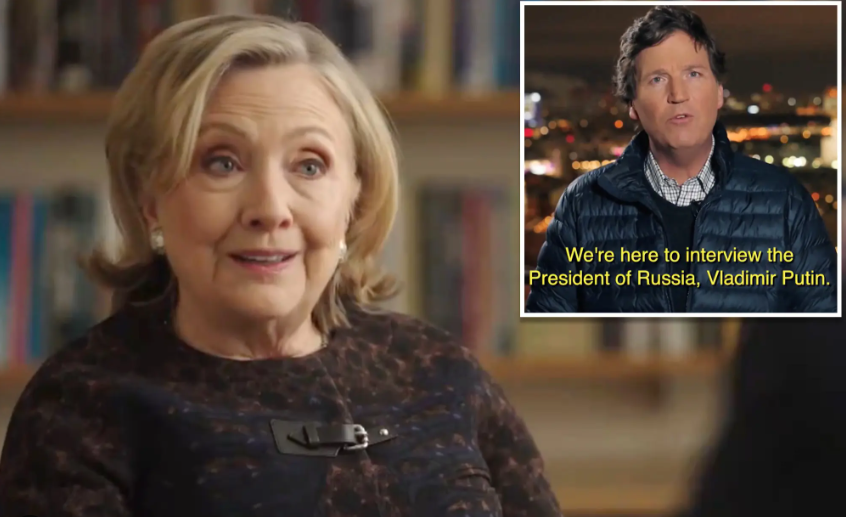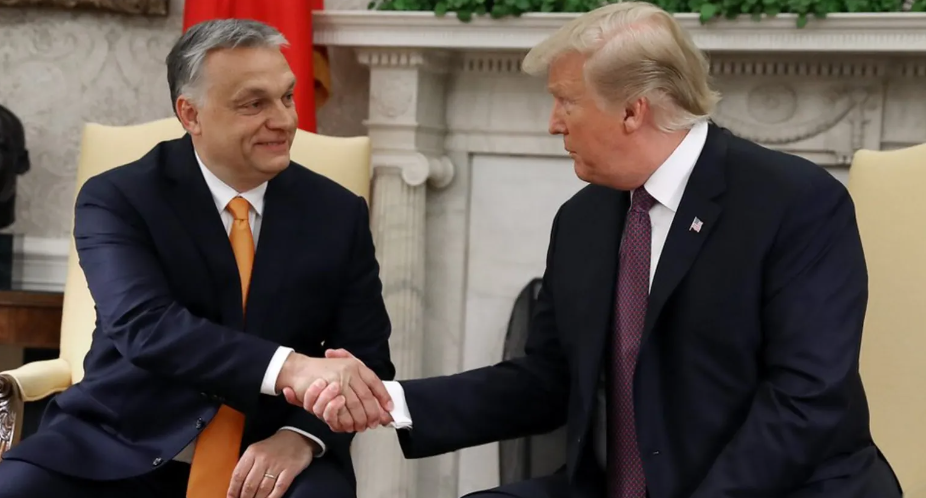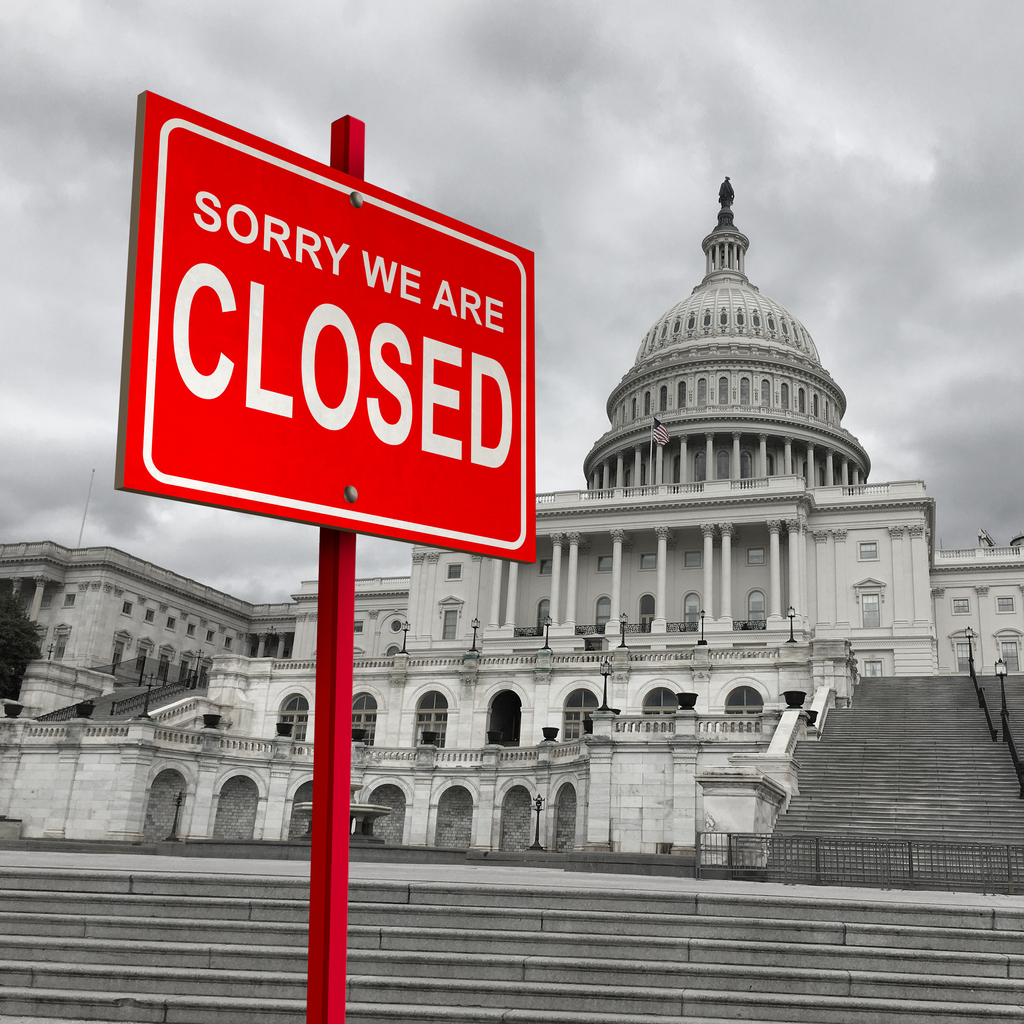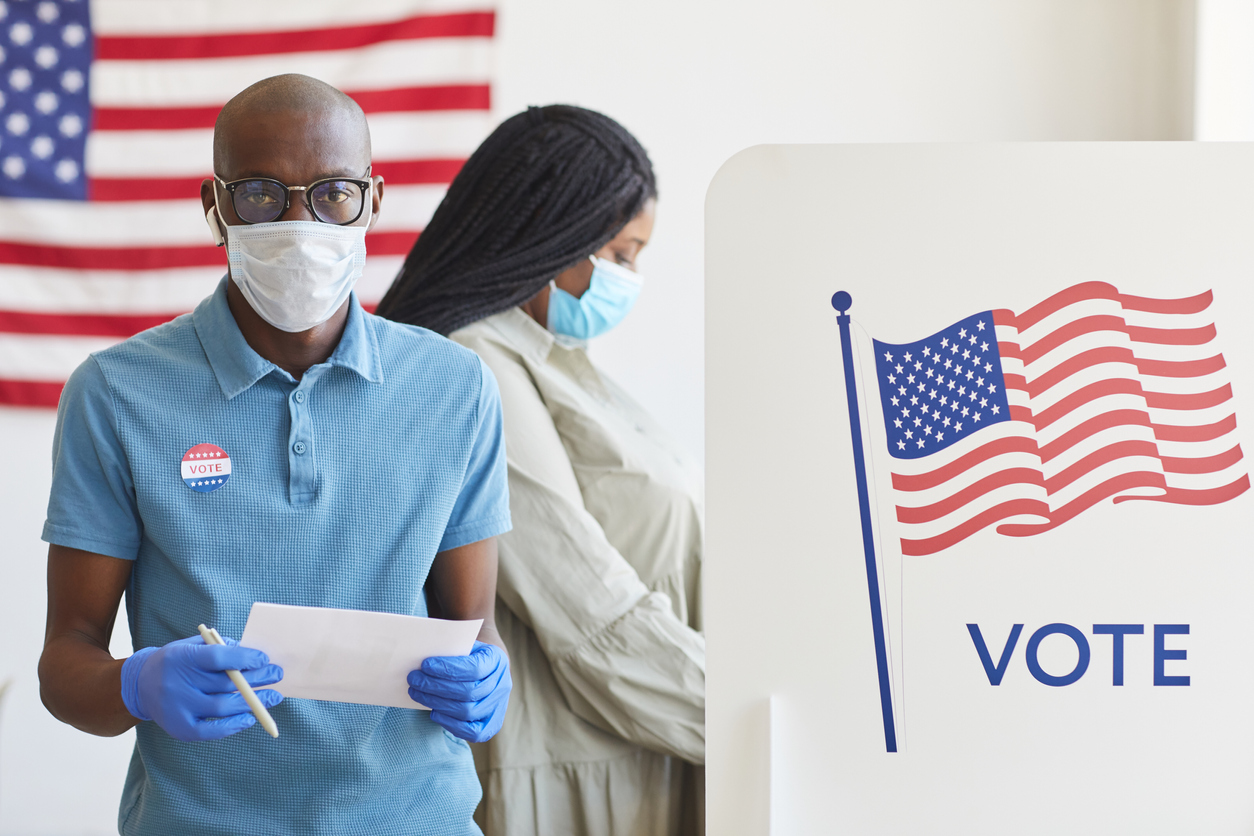
In today’s fast-paced information age, the line between fact and opinion has become increasingly blurred for many Americans. A revealing study conducted by researchers from the University of Illinois Urbana-Champaign and published in the Harvard Kennedy School of Misinformation Review earlier this month sheds light on this pressing issue. The study’s findings, derived from a survey of 2,498 adults, indicate a concerning trend: a significant portion of participants struggled to correctly differentiate between factual statements and opinions, even when presented with current event-related statements touching on topics such as abortion, immigration, and healthcare costs.
Participants were given a series of 12 statements and asked to classify each as either a fact or an opinion. The results were eye-opening: on average, respondents correctly identified only about seven out of the twelve statements. Furthermore, less than 5 percent of those surveyed were able to accurately identify all 12 statements correctly. According to Jeffery Mondak, a political science professor at the University of Illinois Urbana-Champaign and co-author of the study, these results barely exceed what would be expected from random guessing, underscoring the depth of the problem.
This difficulty in distinguishing fact from opinion carries significant implications for political discourse and the battle against misinformation. The ability to discern between factual information and subjective opinion is crucial for citizens navigating the deluge of political information encountered daily. Without a shared understanding of what constitutes a fact, productive discourse on pressing issues becomes nearly impossible.
The study further explored the root causes of the errors made by participants, distinguishing between unbiased errors, such as random guessing, and partisan errors, where responses were influenced by political affiliation. While education and awareness of current events reduced the likelihood of unbiased errors, partisan bias remained a significant factor. This partisan lens often led respondents to systematically misinterpret statements to align with their political narratives.
One striking example used in the study is the factual statement, “President Barack Obama was born in the U.S.” Despite being a verifiable fact, some participants redefined it as an opinion, influenced by their partisan biases. This tendency to reshape facts to fit one’s political worldview highlights a critical challenge in addressing misinformation: the disagreement not just over the facts themselves but over the very nature of what constitutes a fact.
The study’s findings serve as a call to action for educators, policymakers, and the public to prioritize media literacy and critical thinking skills. Enhancing the ability to critically evaluate information, recognize bias, and appreciate the distinction between fact and opinion is essential for fostering a well-informed electorate capable of engaging in meaningful political discourse. As we continue to navigate an era marked by rapid information exchange and heightened political polarization, understanding the fundamental difference between fact and opinion is more important than ever.











